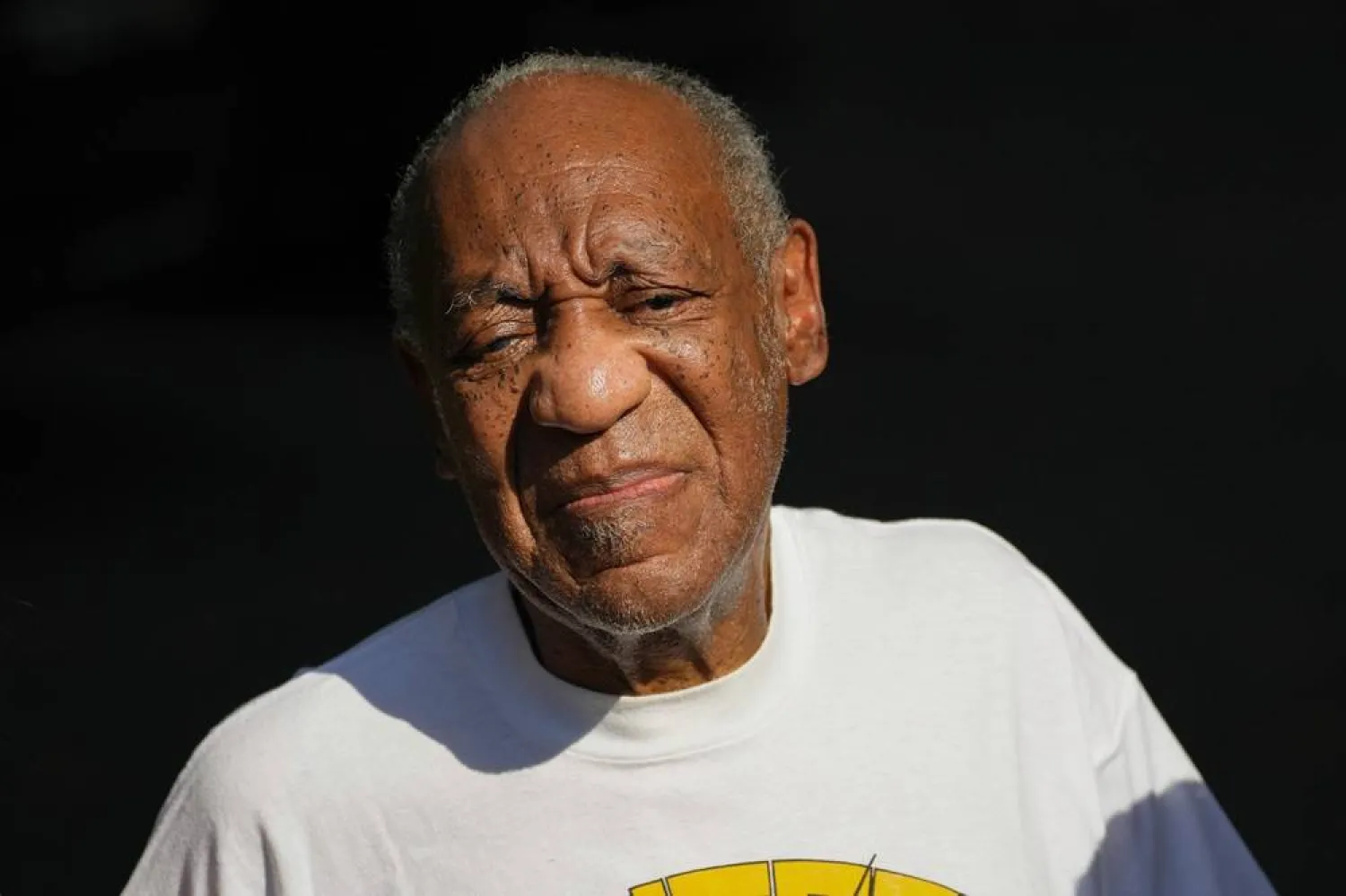A woman who said Bill Cosby sexually assaulted her when she was a young comedy writer more than 50 years ago filed a lawsuit against the actor Thursday under a soon-to-expire New York law that gave victims of sexual abuse a one-year window for claims that would otherwise be barred by time limits.
Joan Tarshis initially came forward with allegations against Cosby in 2014 that are repeated in the new lawsuit. Tarshis said Cosby drugged her and forced her to perform oral sex on him in 1969 or 1970, and then drugged and raped her during another encounter a year or two later.
The New York resident was living in California at the time of the first assault and had met Cosby through a mutual friend while he was starring in "The Bill Cosby Show," according to the lawsuit, filed in state Supreme Court in New York City.
A spokesperson for Cosby did not address the specifics of Tarshis's claims.
"Diddy, LA Reid, Steven Tyler, and now they circle back to this," spokesperson Andrew Wyatt said, referring to others recently sued under New York's Adult Survivors Act. "When is it going to stop?"
Cosby, 86, has been accused of rape, sexual assault and sexual harassment by more than 60 women. He has denied all allegations involving sex crimes. He was the first celebrity tried and convicted in the #MeToo era and spent nearly three years at a state prison near Philadelphia before a higher court overturned the conviction and released him in 2021.
Tarshis was among the first accusers to speak publicly about Cosby, whom she met when she was 19 and just breaking into comedy writing. An interview she did with CNN newsman Don Lemon soon after she came forward drew a flurry of attention on social media, and an apology from Lemon.
Tarshis previously sued Cosby in Massachusetts, where Cosby had a home. She was among seven women who filed defamation claims after Cosby branded them liars. The cases were settled in 2019.
The new lawsuit alleges assault, battery, intentional infliction of emotional distress and false imprisonment. It seeks unspecified damages.
In it, Tarshis said Cosby invited her to meet with him at the studio lot where he was filming his show, under the pretense of working on a skit she was writing. Once in his bungalow, Tarshis said she fell unconscious after accepting a drink from Cosby and awoke to find him undressing her before forcing her to perform oral sex.
"Ms. Tarshis was mortified and feared for her life," and returned to New York without telling anyone what happened, according to the lawsuit.
She next heard from Cosby in 1971, when he called her home, spoke with her mother, and invited her to his show at Westbury Music Fair, the lawsuit said.
"Though Ms. Tarshis was fearful at the prospect of seeing Cosby again, she had not yet told anyone, including her mother, of the prior sexual assault and she reluctantly agreed to meet with Cosby at the insistence of her mother," according to the lawsuit.
She said she lost consciousness in a limousine Cosby had arranged for them and awoke the next morning in a bed next to Cosby, who she said had undressed and raped her.
The Adult Survivors Act is set to expire next week.
Antonio "L.A." Reid, a music executive, was sued last week by an executive who alleges that Reid sexually assaulted her twice in 2001. Email and telephone messages left for Joel Katz, an attorney who represented Reid when the allegations surfaced in 2017, weren’t immediately returned Friday night.
Sean "Diddy" Combs has denied allegations of rape and abuse brought by a former girlfriend earlier this week.
Aerosmith frontman Steven Tyler has not publicly responded to a lawsuit filed earlier this month.









